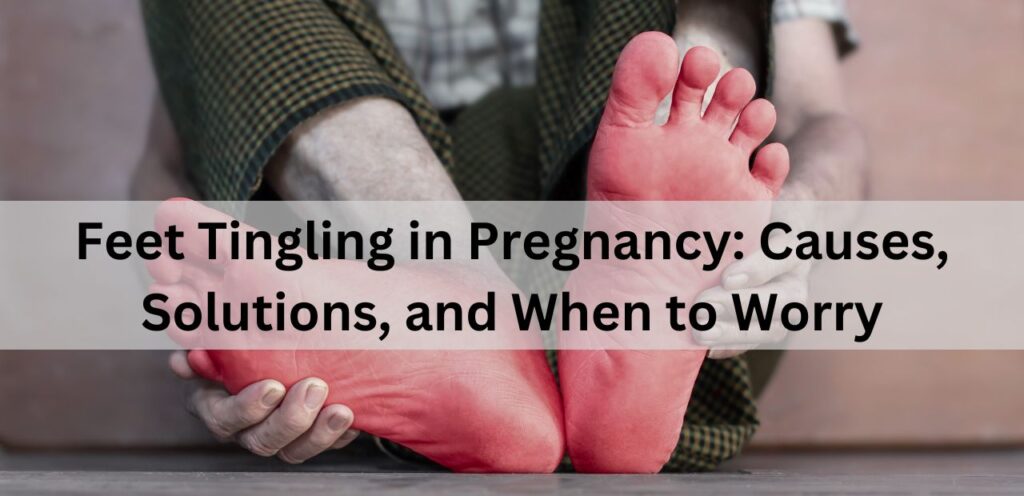Want to know why you feel Feet Tingling in Pregnancy? Let’s know!
When a woman is pregnant, her body goes through a lot of changes. Some pregnant women may find it strange that their feet tingle during pregnancy. This strange feeling can be scary, but it’s often a normal part of being pregnant. Let’s talk about what this condition means, what you can do to treat it, and when you should see a doctor.
Read our blog on The Ultimate Baby Registry Checklist You Must Need To Know.
Why Do You Feel Tingling In Feet When Pregnant?
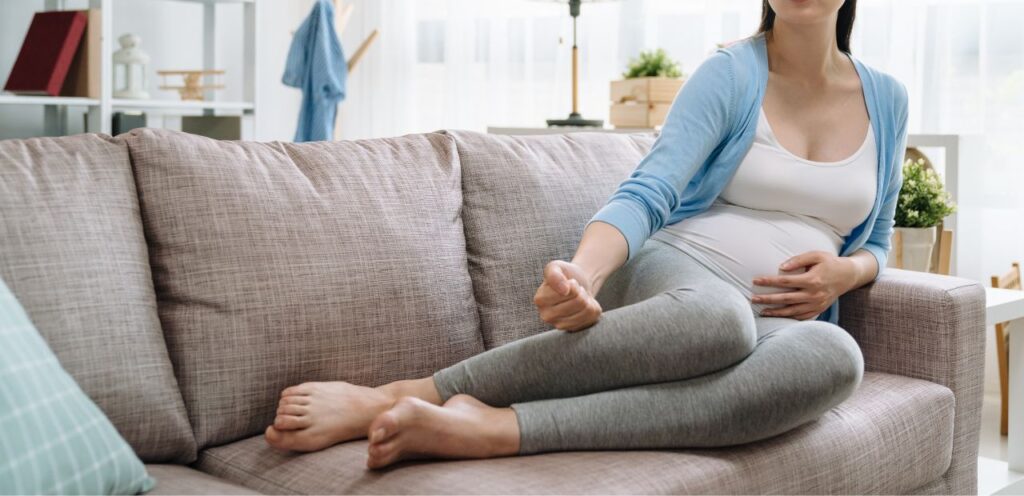
There are a few reasons why you feel tingling in pregnancy. Knowing what’s causing the pain can help you deal with it and tell you when to see a doctor.
1. Weight Gain and Swelling
As your pregnancy goes on, you will normally gain weight to help your baby grow. This extra weight can make the muscles in your legs and feet hurt by putting pressure on them. Also, a lot of pregnant women have swollen feet and legs, which can put pressure on nerves and make them tingle.
It is common for women to gain 25 to 35 pounds during pregnancy. Most of this weight is gained around the middle. Changing how your weight is distributed can have a big effect on the pressure on your feet and legs, which could make you feel tingly.
2. Changes in Posture
As your belly grows, your center of gravity moves, which changes the way you stand. Changes like these can put pressure on nerves, even ones that run down to your feet, making them tingle or go numb.
As your pregnancy goes on, you might find that you change your stance without realizing it to fit your growing belly. This can cause your lower back to bend more and change how your weight is distributed when you walk or stand. These changes in posture can put pressure on nerves in your lower back and legs, which could make your feet feel tingly.
3. Vitamin Deficiencies
Your body needs more of some vitamins and minerals while you’re pregnant. Not getting enough B vitamins, especially B12, can harm nerves and make your feet and other parts of your body tingle.
Your body needs more nutrients to support both you and your growing baby while you’re pregnant. It is especially important to get enough vitamin B12 to keep your nerves healthy. You might feel tingling in your feet and other parts of your body if you aren’t getting enough of this vitamin from food or prenatal pills.
4. Carpal Tunnel Syndrome
People with carpal tunnel syndrome often have pain in their wrists, but it can also make your hands and feet tingle while you’re pregnant. These symptoms can happen because of the swelling that happens during pregnancy. It can put pressure on the nerves in the wrist.
Up to 60% of pregnant women have carpal tunnel syndrome. This condition is most often linked to tingling and pain in the hands and arms, but some women may also feel these things in their feet. This is because changes in hormones and holding on to water during pregnancy can make the body swell, which puts pressure on nerves all over the body.
5. Circulation Changes
During pregnancy, your body makes more blood to help your baby grow. This extra blood plus the pressure of your growing uterus can make it hard for blood to flow to your legs and feet, which could lead to tingling.
Your blood volume goes up by about 45% when you’re pregnant. Because of this big change and the extra weight of your growing uterus, your lower limbs may not get enough blood flow. Tingling or stiffness in your feet can happen when blood flow is cut off.
6. Hormonal Changes
Hormones during pregnancy, especially relaxin and progesterone, can make your feet tingle. By making muscles and joints loose, these hormones get your body ready for giving birth. However, this relaxing can sometimes make the feet and ankles unstable, which could lead to nerve compression and tingling.
When to Be Concerned About Pregnant Feet Tingling?
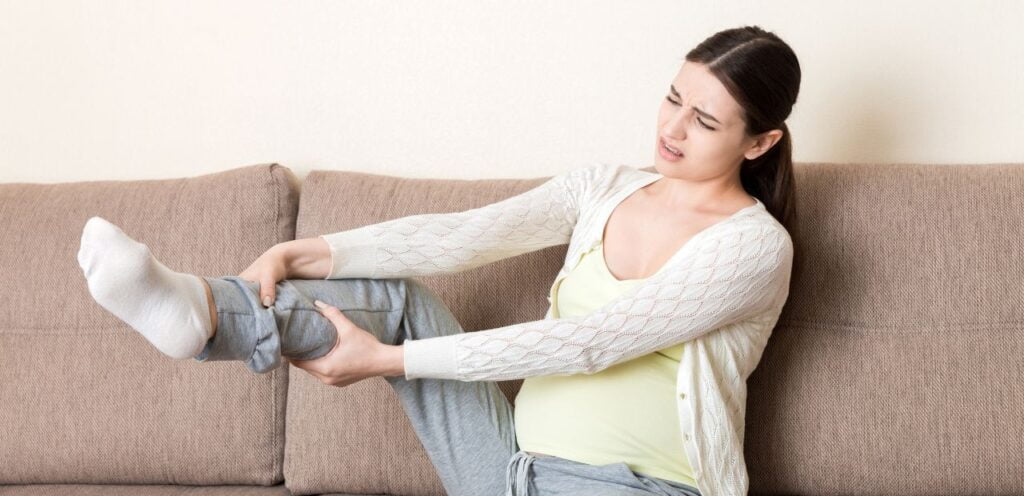
Having tingly feet when pregnant is common, but sometimes it could be a sign of a more serious problem. If any of these things happen to you, you should call your doctor:
- Tingling that is very strong or never-ending and gets in the way of daily life
- tingling that is followed by severe pain or swelling
- An itch that moves to other parts of your body
- Having weak legs or feet
- tingling that doesn’t go away even after using home treatments
- Any big or quick change in the tingling feeling
These signs could mean you need medical help for conditions like maternal diabetes or preeclampsia. It’s always better to be safe than sorry, so if you’re worried about any signs while you’re pregnant, talk to your doctor.
Managing Tingling Sensation in Feet During Pregnancy
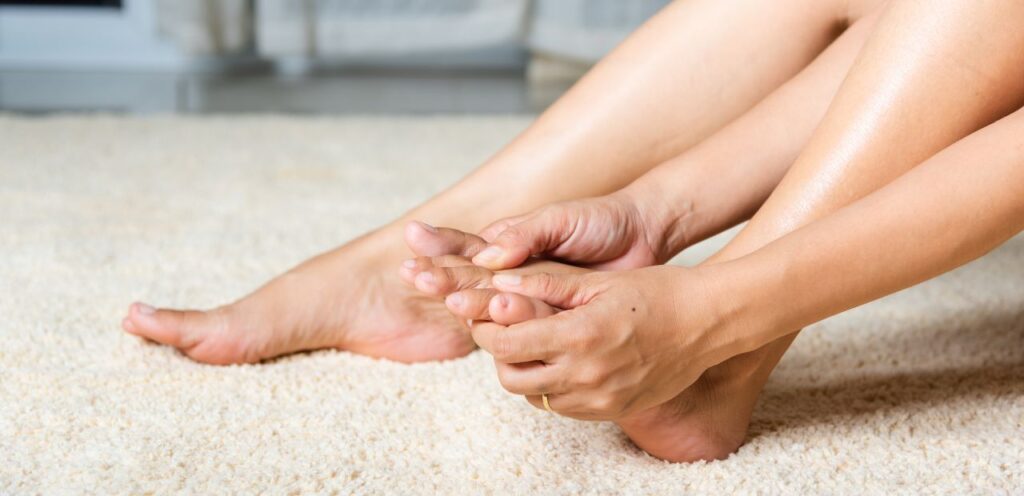
For pregnant women who have numbness in their feet, here are some things you can try to make the pain go away:
1. Elevate Your Feet
If you can, prop your feet up to help blood flow and reduce stiffness. The muscles in your feet and legs may feel better after doing this. Several times a day, try to keep your feet 15 to 20 inches above your heart level.
2. Stay Active
Regular, light exercise can help the blood flow and lower swelling. You could go walking, swimming, or do pregnant yoga. Simple movements like rotating your ankles and bending your feet can help your feet get more blood flow. Before starting a new workout plan while you are pregnant, you should always talk to your doctor first.
3. Wear Comfortable Shoes
Pick shoes that give your feet a lot of room and support because they may get bigger as your pregnancy goes on. If you have tingling, don’t wear high heels or shoes that are too tight. If you think you might grow, buy shoes that are a half-size bigger than your normal size.
4. Maintain a Healthy Diet
Eating a well-balanced diet full of B vitamins can help keep you from getting vitamin shortages that could cause tingling. In your meals, eat things like fish, eggs, lean meats, and leafy green veggies. Also, think about eating foods like avocados and bananas that are high in potassium. These can help lower swelling.
5. Stay Hydrated
It’s possible that drinking a lot of water could help ease itching by reducing swelling and improving circulation. Drink at least 8 to 10 glasses of water every day. If it’s hot or you’re working out, drink even more.
6. Try Massage
Massaging your feet and legs gently can help your blood flow and stop the tingling. You can ask your partner to help you or do it yourself. Slowly move your body up to get blood flowing back to your heart.
7. Use Support Stockings
Wearing compression tights can help your legs and feet get more blood flow, which may help reduce tingling and swelling. Put them on first thing in the morning, before they start to swell.
8. Take Breaks
Make sure you get up and move around often if you have to sit or stand for long periods. This can help keep your feet’s blood from pooling and make burning feelings less likely.
9. Sleep on Your Left Side
Sleeping on your left side can help your blood flow and lower the stress on the big blood veins that bring blood back to your heart. This might help your feet feel better if they are swollen and tingly.
Other Tingling Sensations in Pregnancy
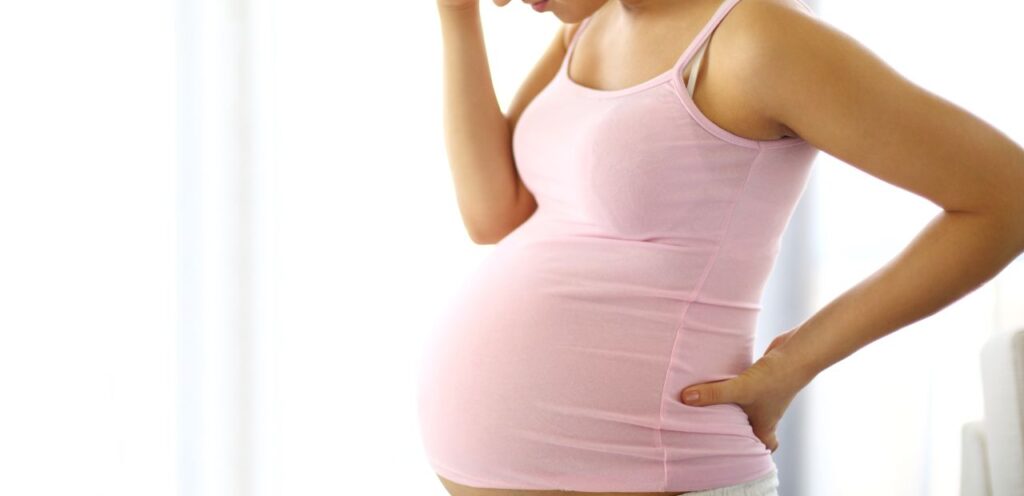
While feet tingling is common, some women may experience tingling in other parts of their body during pregnancy. Face tingling in pregnancy, for example, can occur due to similar reasons as feet tingling, such as fluid retention and hormonal changes. Some women might also experience tingling in their hands, arms, or legs.
It’s important to note that while occasional tingling sensations are usually normal, persistent or severe tingling should be reported to your healthcare provider. This is especially true if the tingling is accompanied by other symptoms like severe headaches, vision changes, or sudden swelling, as these could be signs of more serious conditions.
Conclusion
Keep in mind that each pregnancy is different, and what’s normal for one woman might not be for another. Do not be afraid to talk to your doctor if you are worried about any symptoms you are having. After all, you should always trust your gut.
Having your feet tingle during pregnancy can be an annoying and unexpected sign. But if you know what causes it and how to deal with it, you can enjoy this part of your pregnancy more. Taking care of your general health, staying active, and making small changes to your daily routine can often help ease the pain of tingling feet.
During pregnancy, a woman goes through a lot of changes and new things. Some signs, like tingling in the feet, can be painful, but they’re often a normal part of the amazing process of making a new life. You can have a healthier and more enjoyable pregnancy by learning as much as you can, taking care of yourself, and talking to your doctor regularly.Want more information on how to deal with pregnancy signs and get ready to become a mom? Momvila has expert advice, personal stories, and a group of moms and moms-to-be who are there to help each other. Get the help and knowledge you need to have a healthy and happy pregnancy.
